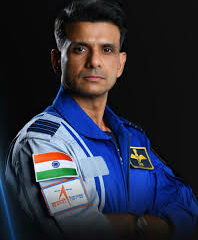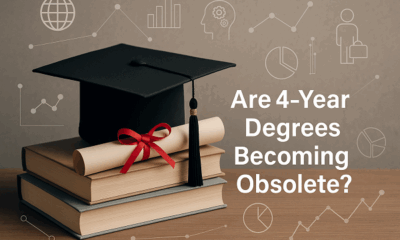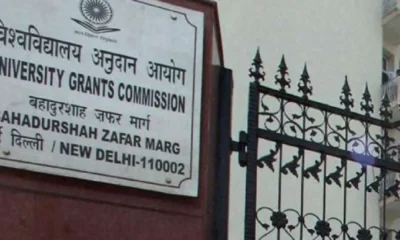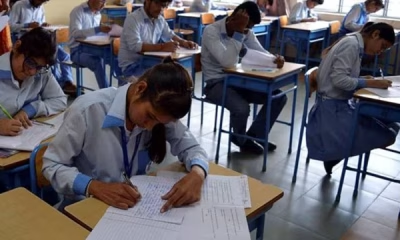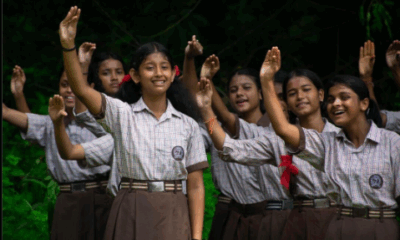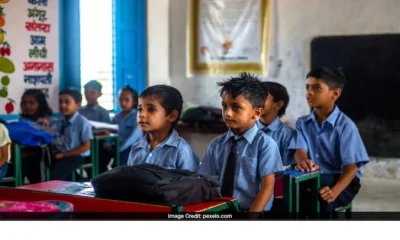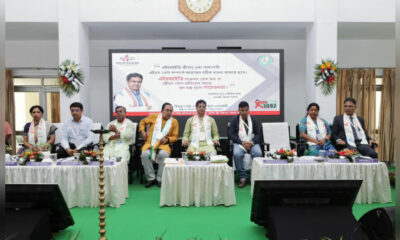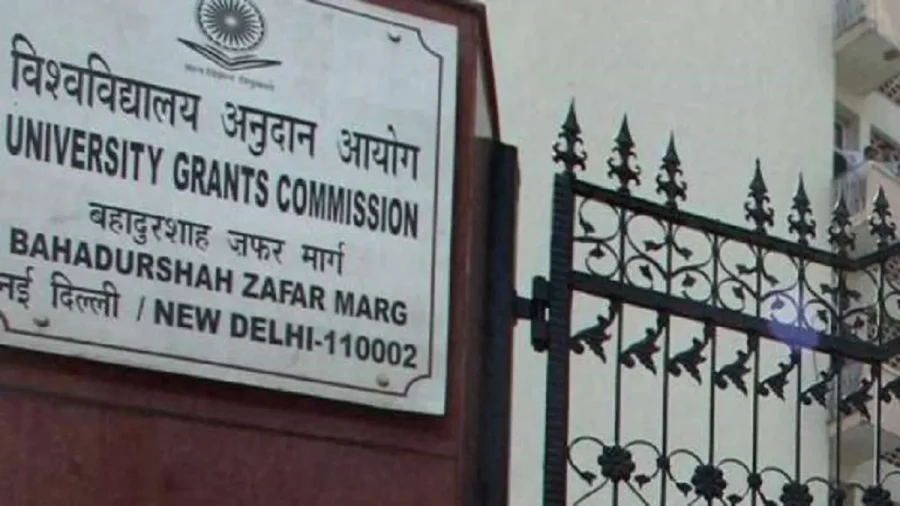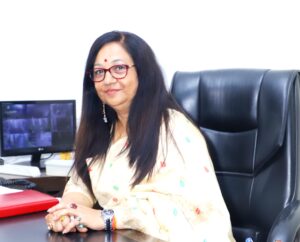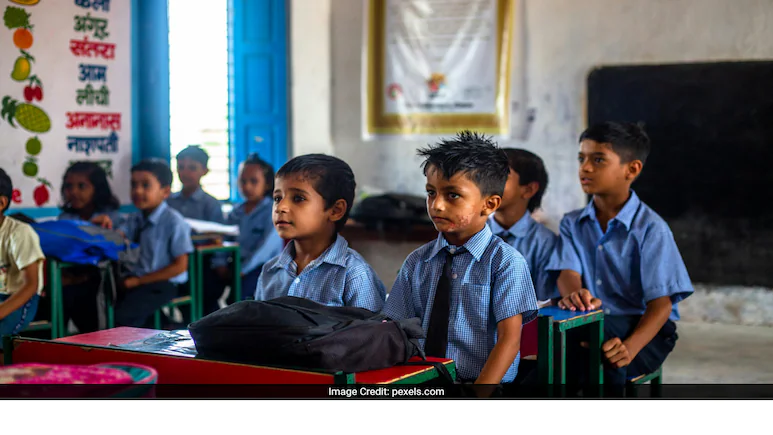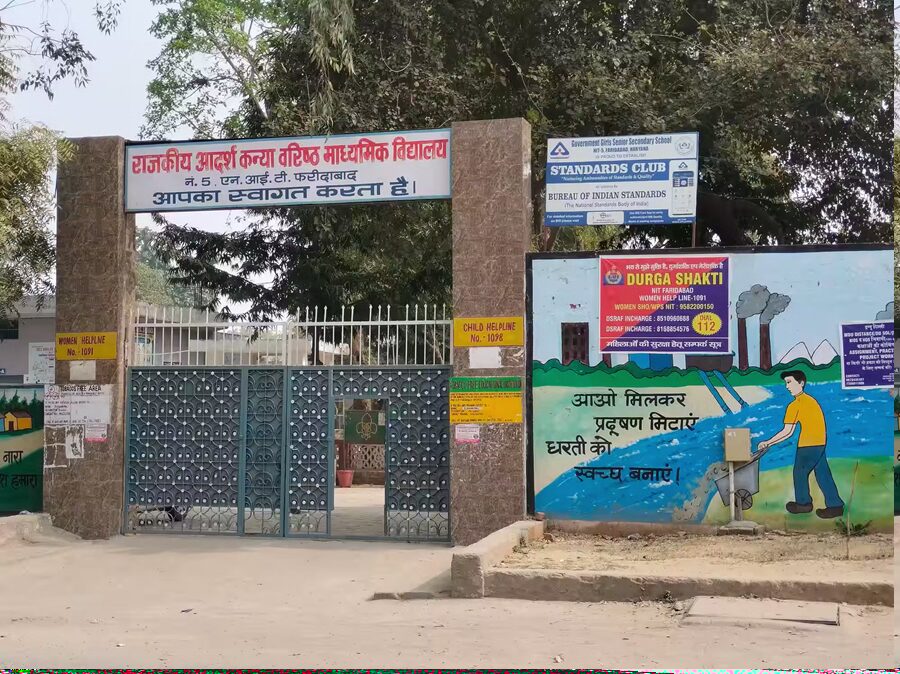Education
Maharashtra Government Announces Free Higher Education for EWS, SEBC, OBC Girls
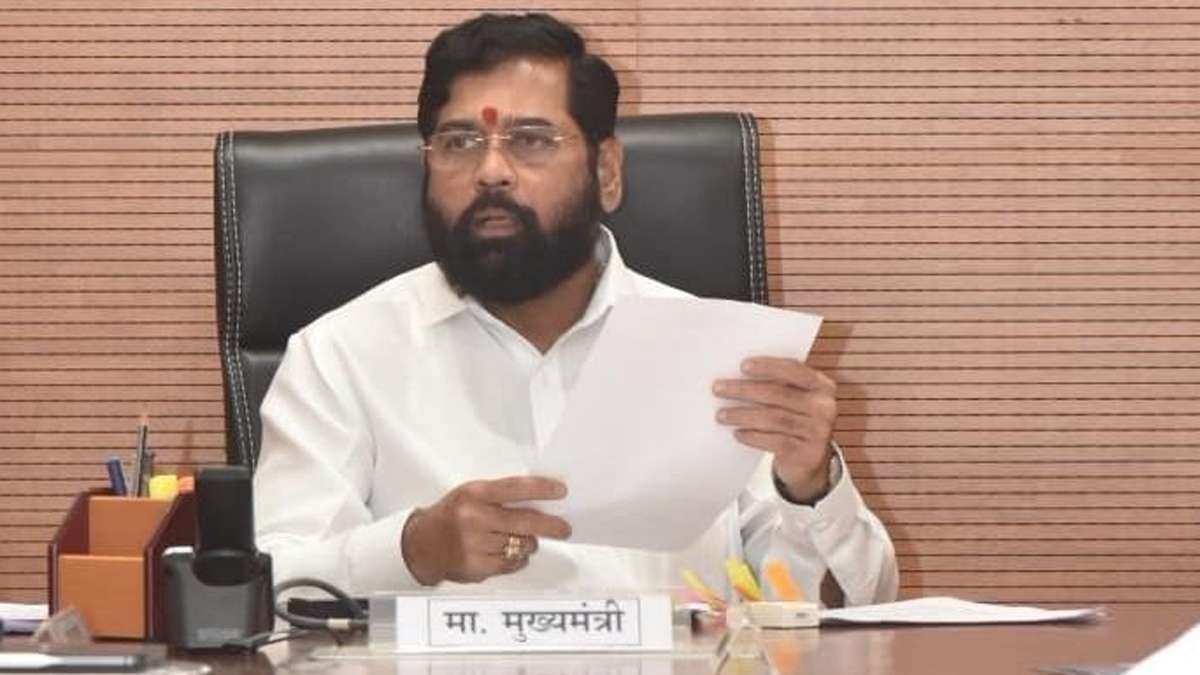
Education
Indian Astronaut Shubhanshu Shukla to Connect with School Students Live from Space
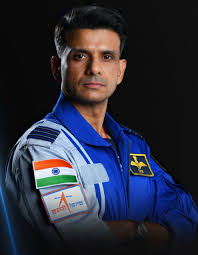
Education
UGC Cracks Down on 89 Institutes Over Anti-Ragging Failures
Education
Government Doubles Down on Coaching Centres: New Panel Signals Stronger Regulation Ahead

Education
CBSE To Conduct Board Exams Twice for Class 10 from 2026
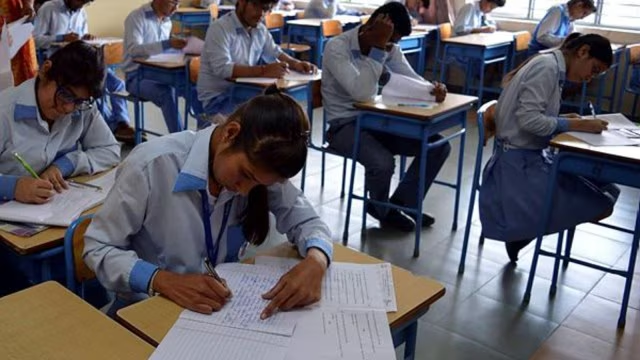
Education
How to Win Back Wandering Minds: Post-Summer Edition
Education
Tripura Becomes Third Indian State to Achieve Full Literacy
Education
Assam Brings Sign Language to Senior Secondary Classrooms in Landmark Move
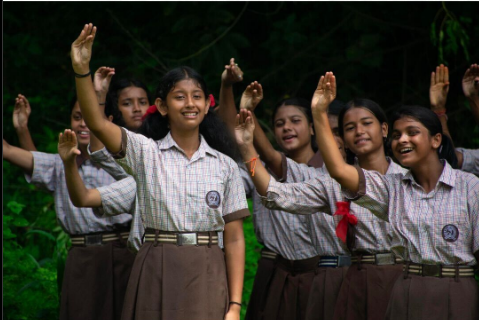
Education
Delhi Schools to Implement Age 6 Rule for Class 1 Admissions from 2026
Education
Tripura Adds Sex Education & HIV Awareness to Their Curriculum
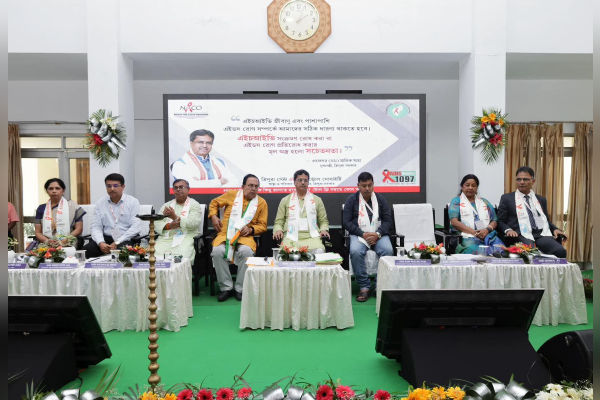
Education
Four Indian Schools Shine on the Global Stage at World’s Best School Prizes 2024
-
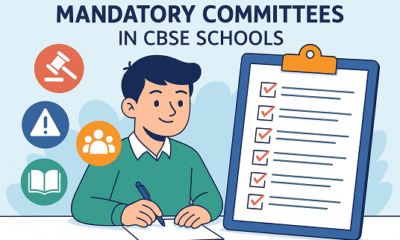
 Education3 months ago
Education3 months agoIs Your School Following These Mandatory CBSE Committees?
-

 Education2 months ago
Education2 months agoCBSE’s ‘Sugar Boards’ Initiative: Tackling the Sweet Crisis in Indian Schools
-
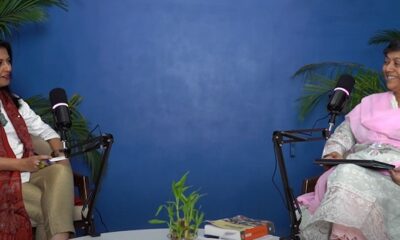
 Education3 months ago
Education3 months ago“Be the Change in a Changing World”: Anita Karwal and Anju Chazot Reflect on NEP 2020
-
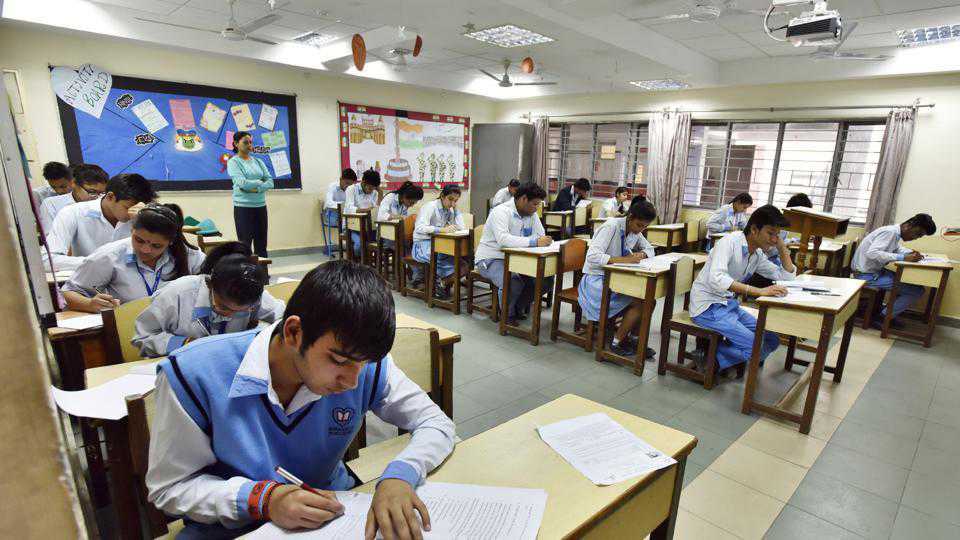
 News3 months ago
News3 months agoCBSE Warns Dummy School Students May Be Barred from Board Exams
-
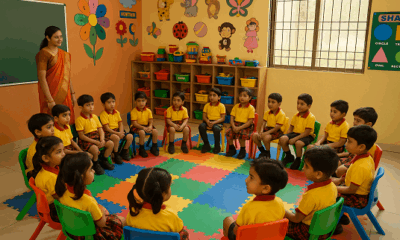
 Education2 months ago
Education2 months agoMaharashtra to Regulate Pre-Primary Education with New Law Aligned to NEP 2020
-
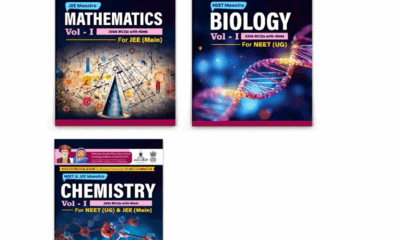
 Education3 months ago
Education3 months agoMAHAJYOTI’s Book Distribution Scheme to Empower 7,000 OBC Students Preparing for JEE/NEET & MHT-CET
-
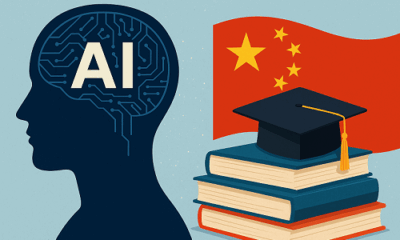
 Education3 months ago
Education3 months agoChina Embarks on Ambitious AI-Driven Education Reform to Build a ‘Strong Education Nation’ by 2035
-
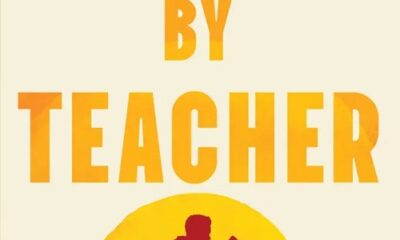
 Education2 months ago
Education2 months agoJohn King’s Book ‘Teacher By Teacher’: A Global Tribute to the Transformative Power of Education
-
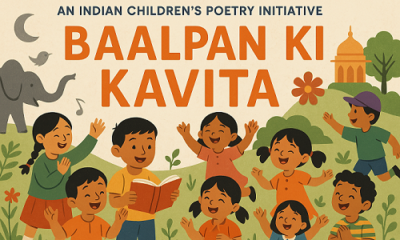
 Education3 months ago
Education3 months ago‘Baalpan ki Kavita’ Initiative Launched to Restore Indian Rhymes for Young Learners
-
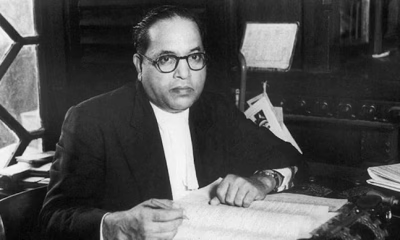
 Education3 months ago
Education3 months agoRewriting Ambedkar: Why Students Must Know the Man Beyond the Constitution



